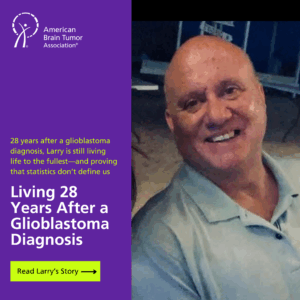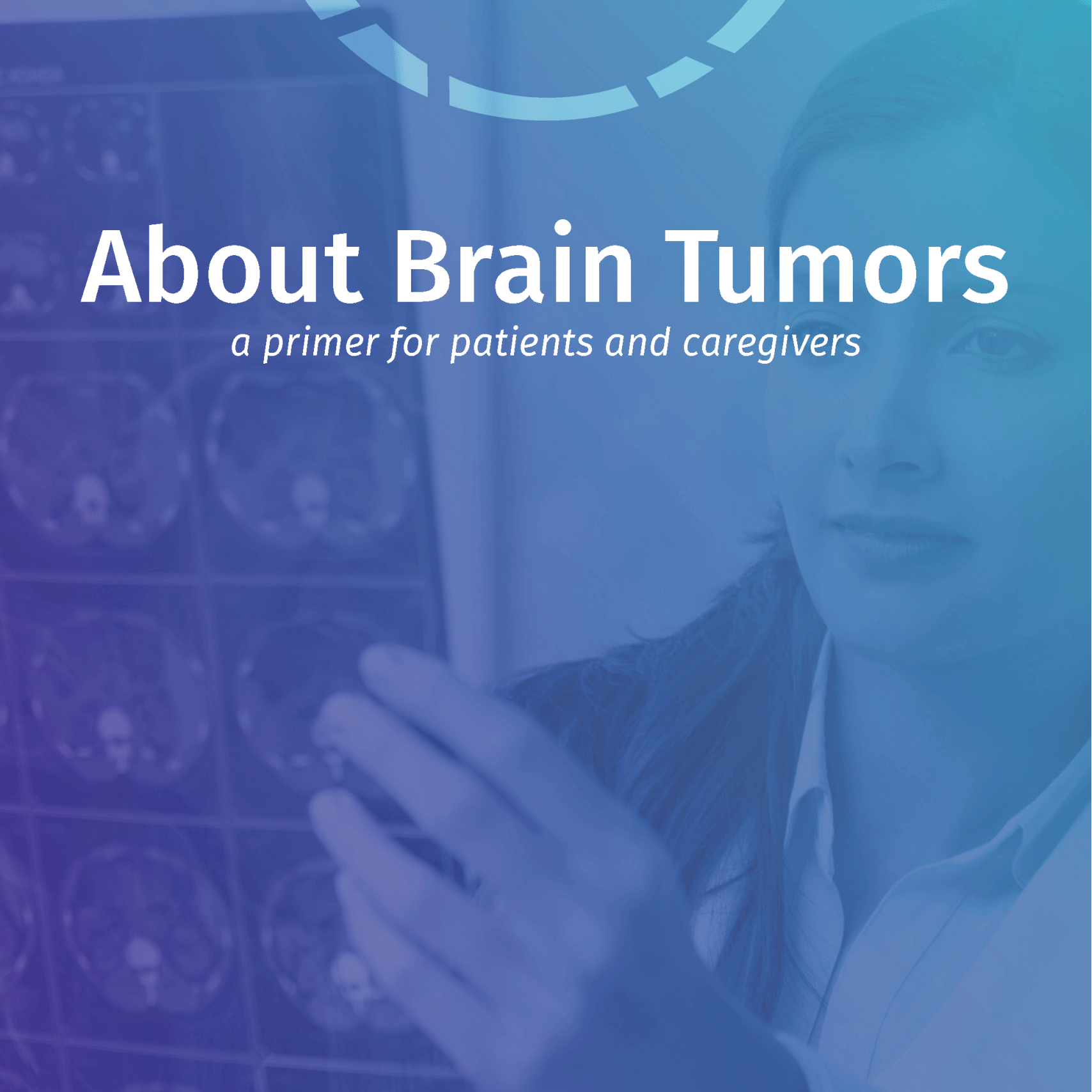When you’re living with a brain tumor—or caring for someone who is—it’s easy to feel like your whole life is about doctor visits, treatments, and medications. But there’s something just as important that often gets overlooked: taking care of yourself.
Dr. Roy Strowd, a brain tumor specialist and professor at Wake Forest School of Medicine, reminds us that “You are more than your diagnosis.” That simple but powerful message means your health is about more than just your tumor. It’s also about your energy, your mood, your mind—and the little things you can do every day to feel more like you.
What Is Self-Care?
Self-care is anything you do to take care of your body, your mind, and your spirit. It’s not about being selfish—it’s about being strong. When you feel better, you can heal better. You think more clearly. You handle stress more easily. And you enjoy more of the life you’re fighting so hard to keep.
Dr. Strowd shared three big reasons why self-care should be part of your routine:
- It helps your treatments work better.
- It can ease side effects like nausea, fatigue, or anxiety.
- It improves your overall quality of life—helping you feel more like yourself.
How Food Affects How You Feel
The food you eat plays a big role in how you feel. Your brain and your stomach are connected, and they talk to each other all day long. When you eat well, you think better, feel stronger, and stay more balanced.
Dr. Strowd explained that eating better doesn’t have to be hard. Start by adding more color to your meals. Bright-colored fruits and vegetables are packed with nutrients that help your brain and body work together. Try adding a handful of berries to breakfast, a salad to lunch, or roasted vegetables to dinner. These small steps can make a big difference over time.
Is the Keto Diet Right for You?
Some people living with brain tumors wonder if special diets like keto or fasting might help slow tumor growth or reduce side effects. The keto diet is very high in fat and very low in carbs. It’s strict and not easy to follow.
Dr. Strowd shared that while diets like keto may help with seizures or side effects in some cases, they’re not a cure. And they don’t work the same way for everyone. Before trying a strict diet, it’s important to talk with your care team. They can help you decide what’s safe and helpful for your unique needs.
Instead of focusing on extreme diets, most people do better with small changes: eat more whole foods, limit added sugars, and enjoy fresh, colorful produce whenever possible.
Move Your Body, Boost Your Mood
Exercise is not just about getting in shape—it’s about helping your brain and body feel better. Even gentle movement can make a big difference.
Dr. Strowd explained that light exercise can help reduce stress, improve sleep, keep your brain sharp, and prevent problems like muscle weakness that can come from treatment. You don’t have to run a marathon. Just take a walk around the block, stretch while watching TV, or dance to your favorite song.
Ask your doctor what types of movement are safe for you, and aim to move a little each day.
Your Mental Health Matters
A brain tumor diagnosis often comes with big emotions—fear, sadness, anger, and worry. That’s totally normal. But you don’t have to face those feelings alone.
Here are some ways to care for your mental and emotional health:
- Talk it out: Sharing your thoughts with a friend, therapist, or support group can bring relief and connection.
- Practice mindfulness: Deep breathing, quiet time, or meditation can help you feel calmer and more in control.
- Do things you love: Whether it’s gardening, painting, playing music, or reading a book—make space for activities that bring you joy.
Taking care of your mental health is just as important as taking care of your body.
Ask Your Doctor the Right Questions
Self-care also means speaking up about what you need. Dr. Strowd encourages patients to ask questions during appointments—especially when it comes to how they’re feeling.
You might ask:
- “Can I start a light exercise plan?”
- “Is there a dietitian who can help me eat better?”
- “Would yoga or meditation be safe for me?”
- “Can someone on your team help with anxiety or depression?”
Your care team is there to treat the whole you, not just the tumor. Don’t be afraid to ask for support.
You Deserve to Feel Better
At the end of his talk, Dr. Strowd left everyone with one important message: “Do things that make you happy.”
That could mean spending time with people you love, playing with a pet, or sitting in the sunshine. Self-care doesn’t have to be big or fancy. It just needs to help you feel more like you.
Living with a brain tumor is hard. But taking care of yourself is a powerful way to take back control, feel stronger, and hold on to the things that matter most.










